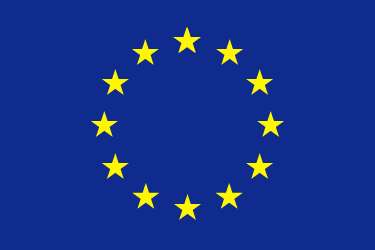EU EXCLUDES NIGERIA, OTHERS FROM ELIGIBLE COUNTRIES AS BORDERS OPEN JULY 1
Citizens from 54 countries will be able to enter Schengen countries once the European Union (EU) borders open by the beginning of July.
Schengen refers to the EU passport-free zone that covers most of the European countries and allows a person to travel to any member-state of the Schengen Area. There are no border controls within the Schengen Zone.
Ahead of its official release later this week, which is expected to be implemented after July 1, EU officials said the list will be updated according to the epidemiological situation and response to coronavirus in each country, the ability to apply containment measures during travel and whether or not the country concerned has lifted travel restrictions towards the EU.
ELIGIBLE COUNTRIES
Citizens of the following countries are listed in this draft list:
- Albania
- Algeria
- Andorra
- Angola
- Australia
- Bahamas
- Bhutan
- Bosnia and Herzegovina
- Canada
- China
- Costa Rica
- Cuba
- Democratic People’s Republic of Korea
- Dominica
- Egypt
- Ethiopia
- Georgia
- Guyana
- India
- Indonesia
- Jamaica
- Japan
- Kazakhstan
- Kosovo
- Lebanon
- Mauritius
- Monaco
- Mongolia
- Montenegro
- Morocco
- Mozambique
- Myanmar
- Namibia
- New Zealand
- Nicaragua
- Palau
- Paraguay
- Rwanda
- Saint Lucia
- Serbia
- South Korea
- Tajikistan
- Thailand
- Tunisia
- Turkey
- Turkmenistan
- Uganda
- Ukraine
- Uruguay
- Uzbekistan
- Vatican City
- Venezuela
- Vietnam
- Zambia
@ Schengen Visa
On June 11, the European Commission (EC) presented its recommendation on the reopening of internal Schengen borders from June 15 so that Europeans can travel within the borderless area freely, just as they did during the pre-pandemic days, according to Schengenvisainfo.com.
The EC also recommended that the member-states should start allowing third-country nationals to enter the EU starting from July 1, gradually and partially, based on the epidemiological situation in the third country concerned.
@ Gulf News

